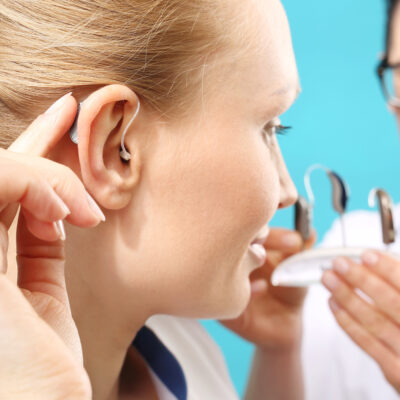
Health
5 Early Warning Signs of Hearing Loss
Hearing loss is a common part of life, especially with age. More than half of the individuals in the U.S. over the age of 75 have some age-related hearing loss. Whether they choose to get implants for hearing loss or are looking for the best OTC hearing aid for severe hearing loss, these can both help improve their hearing. If you’re wondering whether or not you’ve been experiencing, or will experience, hearing loss, here are 5 early warning signs of hearing loss: 1. Difficulty hearing other people clearly If you often find yourself straining to hear someone you’re talking to, especially in noisy environments, this may be a sign of hearing loss. Furthermore, if you’re misunderstanding what they say, this is further indication that your hearing may begin to become impaired as consonant sounds tend to become hard to hear—”did you say show or throw?” 2. Asking people to repeat themselves Hand in hand with difficulty hearing others, asking people to repeat themselves often is also a sign of hearing loss. So, if in most conversations you find yourself asking people to say what they said over and over, it’s probably time to get your hearing checked. 3. Listening to music or the television at a high volume Have your family members asked you to turn down the volume when you thought your music or television was playing at an acceptable volume?
Read More 













